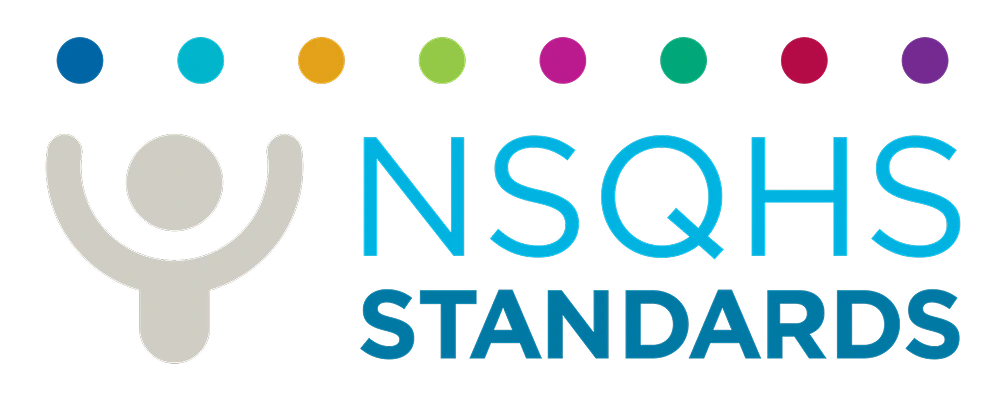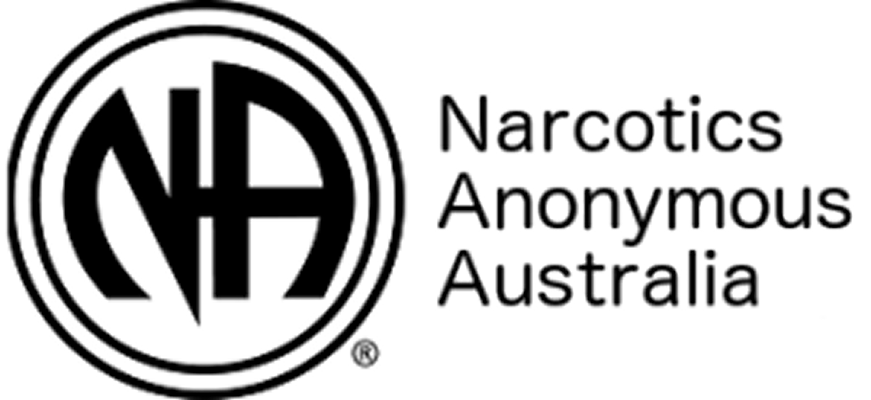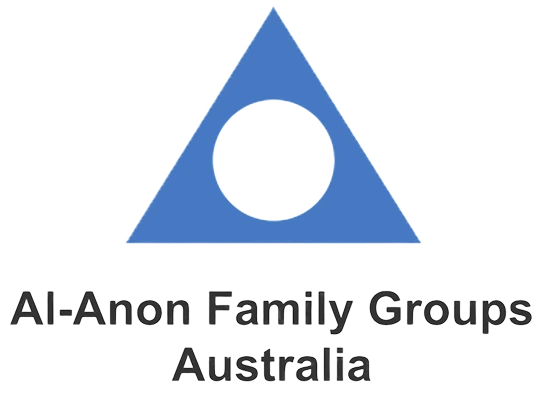Safe, supportive and purpose-built environments
Our programs run from two specialist centres in Victoria. Each location offers 24/7 support, therapeutic spaces, and the structure needed for real recovery.
When mental health symptoms and substance use collide, it takes integrated care to truly heal. By helping you overcome your addiction, we can help alleviate the mental health issues that have grown out of it.
Take a self-assessment or speak to someone now, with no pressure to commit.


Addiction can worsen mental health symptoms, while untreated mental health challenges can make it harder to stay sober. The Hader Clinic’s dual diagnosis treatment helps people living with both a substance use disorder and a co-occurring mental health condition, such as anxiety, depression, PTSD, bipolar disorder, or schizophrenia.
Our priority is to treat the disease of addiction first, while also helping clients understand, manage, and stabilise the psychological symptoms that accompany it. Here’s how we do that:
We combine therapeutic support with medical supervision and structured care to address every layer of dual diagnosis.
Many people experiencing addiction are also struggling with a mental health condition, and it’s more common than you might think. Substance use disorders are a type of mental illness, affecting around 650,000 Australian adults in any given year.

Dual diagnosis refers to the experience of having both a mental health disorder and a substance use issue at the same time. The two problems often feed into each other: people may use drugs or alcohol to manage symptoms like anxiety or depression, while long-term substance use can worsen existing mental illness. Addressing both sides together is essential for real, lasting recovery.

When mental health and substance use conditions overlap, the symptoms often mimic or mask each other. This can make it hard to identify the root cause, even for health professionals. You might see mood swings, paranoia, withdrawal from loved ones, or unexplained aggression. It’s also common to notice trouble concentrating, erratic behaviour, or worsening psychiatric symptoms after drug or alcohol use.

Living with a co-occurring disorder can feel chaotic, especially when support services treat one problem while ignoring the other. Without integrated care, people may bounce between hospitals, detox, and crisis services without ever receiving the right treatment. This can lead to further harm, feelings of failure, and worsening instability, not only for the person but also for their loved ones.

Treatment needs to reflect the full picture of what someone is facing. At The Hader Clinic, we offer a holistic dual diagnosis program. Our approach includes medical supervision, trauma-informed counselling, medication review, and behavioural therapies like DBT to help clients build skills and regain emotional control.
Recovery is absolutely possible, even for people who feel like they’ve exhausted every option. With the right support, people with dual diagnosis can learn to manage their symptoms, reduce drug use, and rebuild their lives. Ongoing care is essential — recovery doesn’t end after rehab, and we’ll help connect you with the mental health and addiction services you need to keep moving forward.
This short, confidential quiz takes less than two minutes and can help you make sense of what’s going on. Choose the category that feels most relevant to you — whether it’s alcohol, drugs, or a mix of concerns — and we’ll guide you through a few simple yes/no questions.
At the end, we’ll let you know if your answers suggest it might be time to consider rehab, and share safe, confidential options for getting started.


We’ll talk through what you’re facing and share how we may be able to help. No pressure, no judgement.

If you’re ready, we’ll complete an assessment and create a tailored care plan suited to your needs.

You’ll arrive on-site, meet the team, settle in, and begin the next stage of your recovery journey.
We’re here whenever you’re ready – book a call or speak to someone now.
Our program is built for people with complex needs. Whether you’ve been misdiagnosed, turned away, or misunderstood, we see the full picture. We offer real structure, real clinical oversight, and real empathy. Our goal is to stabilise your symptoms, help you understand your condition, and start the recovery process with treatment that actually fits your life.
We are fully accredited under the NSQHS standards and overseen by the Australian Commission on Safety and Quality in Health Care (ACSQHC).





We provide specialised programs for addiction, mental health, and dual diagnosis, with flexible entry points and real-world support.
Our programs run from two specialist centres in Victoria. Each location offers 24/7 support, therapeutic spaces, and the structure needed for real recovery.
Medically supported detox, inpatient residential rehabilitation, and transitional housing programs.


Program completion rate for dual diagnosis clients.
Remain sober at 3-month follow-up.
Report better mood or daily functioning.
Median wait from first contact to admission.
Clients with co-occurring conditions are more likely to complete treatment, remain sober after discharge, and report improved well-being during care.
You don’t need to have everything figured out. If you’re worried about your mental health and substance use, we’re here to help you take the next step safely.

Take a quick, private quiz to explore safe support options.

Schedule a confidential call with a specialist at a time that suits you.

Speak to someone immediately for guidance and support.
We’ll give you honest information about costs, private health cover, and funding support so you can make confident decisions.
We clearly explain the cost of dual diagnosis rehab: what’s included, how fees work, and how we support affordability.

We’ll help you understand your private health cover and whether any additional funding options may apply.

We’re not just health professionals. Many of us have lived experience. We listen without judgment and support you with real compassion.


We’ve been helping people with co-occurring mental health and addiction issues for over 25 years. We focus on trust, empathy, and lasting recovery.
Whether you’re struggling yourself or supporting someone else, we’ll meet you where you are and walk alongside you toward recovery.
Every journey starts with a decision to try. When you’re ready, we're here with expert care, honest guidance, and a place where recovery is truly possible.
Speak to someone who understands
Our dual diagnosis unit is equipped to support a wide range of mental health diagnoses, including depression, anxiety, bipolar disorder, PTSD, borderline personality disorder, and schizophrenia. Many of our clients experience complex mental health problems alongside patterns of alcohol or drug use, often for many years before reaching out for help.
We understand how overwhelming it can feel to manage both a mental disorder and substance abuse. Our treatment program brings together addiction treatment and clinical mental health support through an integrated treatment model. Whether you're struggling with bipolar disorder and addiction or another co-occurring condition, our team is here to provide effective treatment tailored to your needs.
You can also explore more about how specific conditions overlap with addiction in our article on bipolar and addiction.
If you're experiencing mental health issues during treatment, you're not alone — and you're not without support. Our dual diagnosis drug and mental health team includes experienced mental health professionals who are trained to respond to changes in mental health symptoms throughout your stay.
We regularly monitor clients for signs of deterioration and work closely with you to adjust your treatment plan as needed. This might include medication review, trauma-focused therapy, or additional mental health service referrals. You’ll never be judged for struggling. It’s all part of dual diagnosis treatment: understanding that mental health and drug issues are deeply connected and need ongoing care.
No, you do not need to stop prescribed medication before starting treatment. Many people entering our dual diagnosis program are already taking medications for anxiety, depression, mood stabilisation, or physical health conditions. Suddenly stopping medication can be dangerous, especially when combined with drug or alcohol withdrawal.
Our assessment and treatment process includes a full review of your current prescriptions, and our clinical mental health staff work in collaboration with prescribers where necessary. The goal is always safety, stability, and making sure you feel supported during every stage of your recovery program.
Yes. We encourage you to bring a treatment plan, support letter, or mental health care plan from your GP or other health services. These documents help us understand your history and coordinate care that aligns with your ongoing mental health service needs.
Being transparent about your mental health diagnoses allows our team to design the best integrated addiction and mental health approach for you. Our drug and mental health unit will review and adapt your existing plan into our dual diagnosis treatment model, giving you continuity and clarity as you begin your recovery.
Unfortunately, many people with co-occurring substance abuse and mental health challenges have experienced rejection or stigma from health services. This can leave you feeling like there’s nowhere left to turn.
We created our dual diagnosis unit for exactly this reason. We don’t expect you to separate your addiction and mental health issues — we treat them together, because they are deeply connected. We offer assessment and treatment in a residential rehabilitation facility that understands the realities of drug and alcohol misuse. You might find our article on substance abuse and comorbidity helpful in understanding why this happens and what a better model of care looks like.
Recovery doesn’t end when the program does. For people managing both substance use and mental health issues, continued treatment and support are essential. After completing your residential treatment rehab, we offer ongoing counselling, relapse prevention strategies, access to mental health teams, and referrals to local dual rehab centres or AOD and mental health services near your home.
Our goal is to set you up with the right combination of clinical mental health and substance use supports for the long term. We also help you understand what to expect after treatment by walking you through the addiction rehab process well before you discharge.
Many people come to us after repeated crises, hospital stays, or community mental health service referrals. If you're caught in that cycle, our integrated dual diagnosis treatment program may help.
Our residential facility is designed to be a safe, structured alternative to hospitalisation, especially for those dealing with ongoing alcohol and other drug use. By stabilising your mental health and addiction together, we reduce the need for future emergency interventions. Our addiction and mental health team works with you to address underlying mental health conditions before they escalate.
It can feel confronting to open up, especially if you’ve spent years managing things alone. Many people enter treatment having never spoken honestly about their mental illness. That’s okay.
You don’t need the right words, a diagnosis, or a polished story. Our job is to help you feel safe enough to begin. Through daily support, therapy, and compassion, our team will work with you to explore your mental health problems and substance abuse patterns together. Every part of dual diagnosis treatment is designed to meet you where you are and walk with you as you build a healthier future.